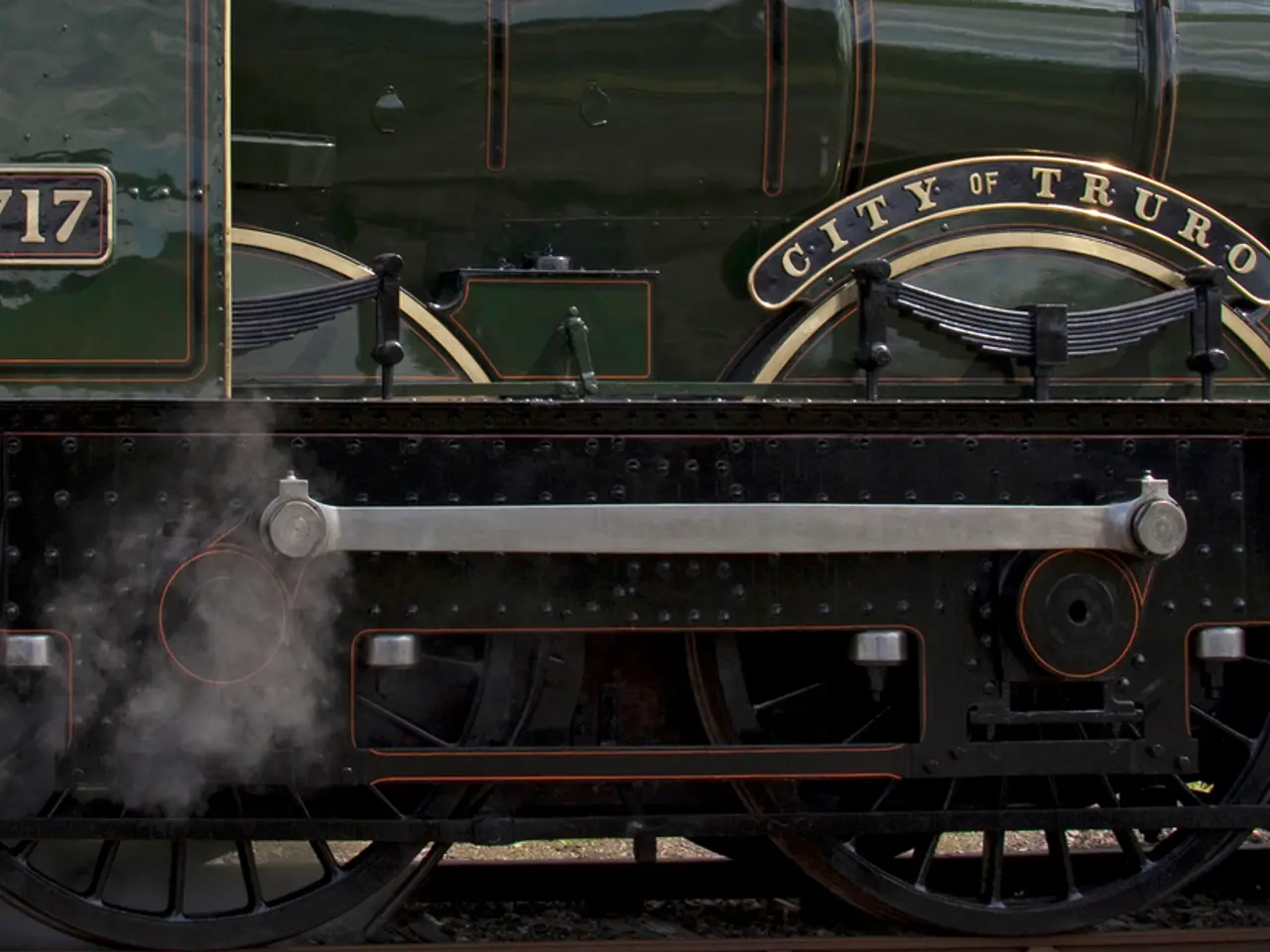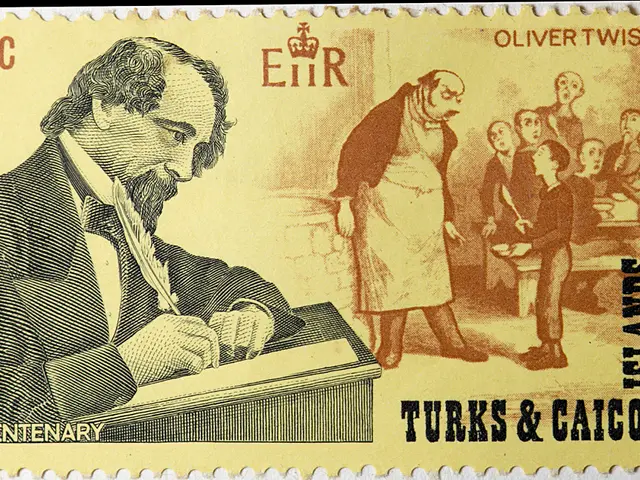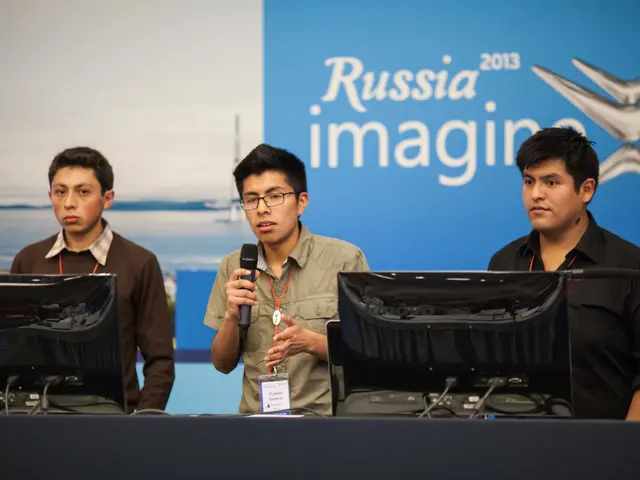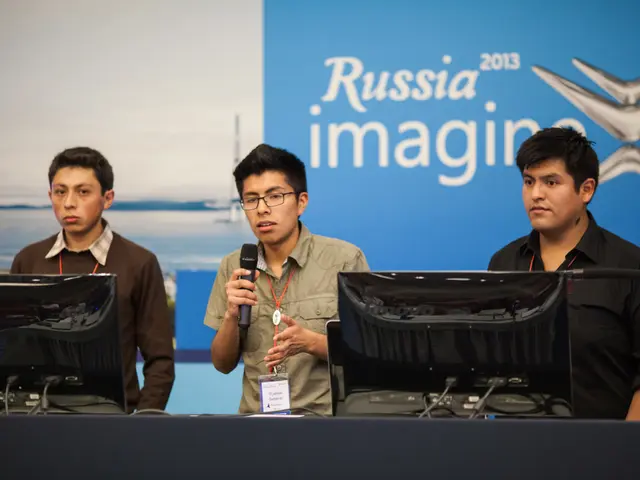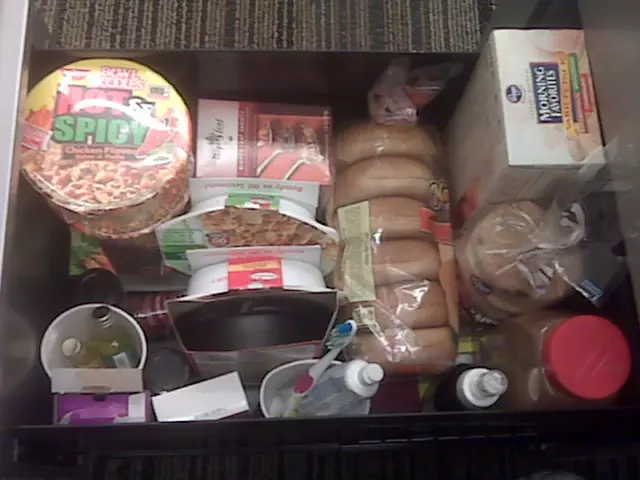Relaxed Situation Regarding Train Services in NRW Due to Alleviation of Locomotive Driver Shortage - Less trains in North Rhine-Westphalia (NRW) allow for a loosened requirement for a locomotive engineer
In a significant development for commuters in North Rhine-Westphalia, the region's major train providers have made strides in addressing the long-standing issue of unreliability and lateness. The driver shortage, a key contributor to these issues last year, is gradually becoming a thing of the past.
National Express, the second-largest train operator in the region, is leading the charge. The company has made extensive investments in personnel, training, and further education to tackle the driver shortage. As a result, the personnel situation for train drivers has improved significantly. This improvement is evident in the increased frequency of trains on important lines, with National Express set to run more trains starting this Saturday on the RE 4, RE 6, RE 7, RE 11, and RB 48 lines.
Eurobahn, the third-largest train provider in NRW, is also joining the effort. The company is increasing its train service on regional rail lines between Münster, Bielefeld, and Paderborn, starting from the end of the summer holidays. Eurobahn trains are now running more frequently, mirroring the improvements at National Express.
Alongside these two operators, Deutsche Bahn (DB) has also increased its train services in North Rhine-Westphalia on the lines RB 65, RB 66, and RE 13 as of October. The regular timetable will apply again to the Maas-Wupper-Express (RE 13) from Venlo via Düsseldorf to Hamm in mid-September, and to the Teutoburger Wald-Bahn (RB 66) between Münster and Osnabrück, as well as the Ems-Bahn (RB 65) between Münster and Rheine, from October.
The Verkehrsverbund Rhein-Ruhr (VRR) has emphasised that the goal is to have only as many trains in the schedule as the companies can reliably operate with their current personnel. Short notice cancellations due to a lack of train drivers should remain an absolute exception, according to the VRR. Schedule extensions were hardly necessary due to the increased personnel capacity, as stated by a spokesperson for DB Regio, who also mentioned that the company has doubled its capacity for training and further education for train drivers over the past three years.
The transport associations had to thin out the timetable and cancel four percent of the trains due to the driver shortage. However, with these improvements, the region's S-Bahn and regional trains are running more frequently according to the regular timetable.
The three major transport providers in NRW aim to eliminate thinned-out schedules by 2026. Michael Hetzer, Managing Director of National Express, stated that they are working hard to get the system back on track for passengers. This news brings a ray of hope for the millions of commuters in North Rhine-Westphalia, who can look forward to a more reliable and frequent train service in the near future.
Read also:
- Antitussives: List of Examples, Functions, Adverse Reactions, and Additional Details
- Asthma Diagnosis: Exploring FeNO Tests and Related Treatments
- New Ebola cases reported in the Democratic Republic of Congo, claiming lives of 15 individuals
- Increased imports invigorate the operations of Cold Storage Facilities.
